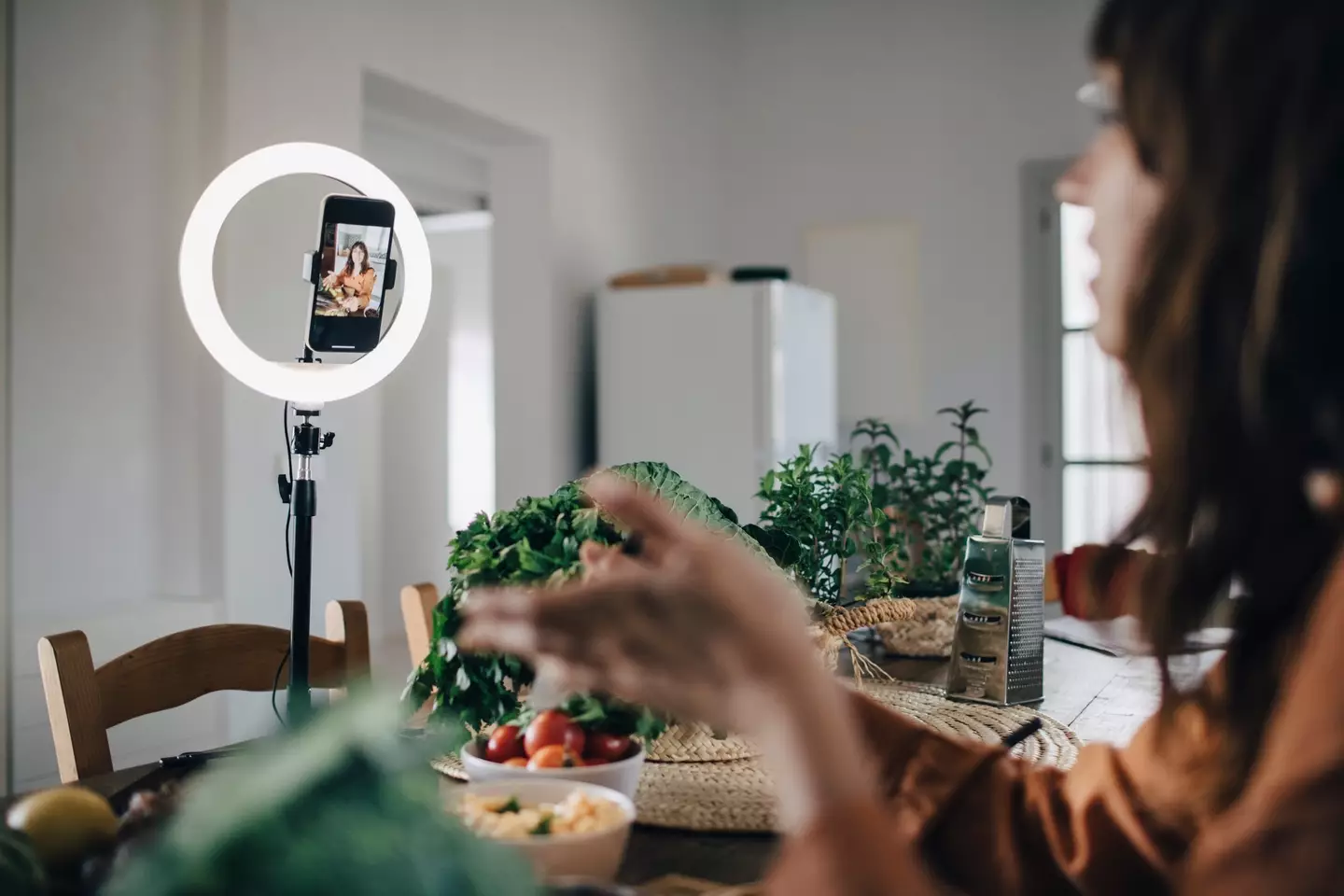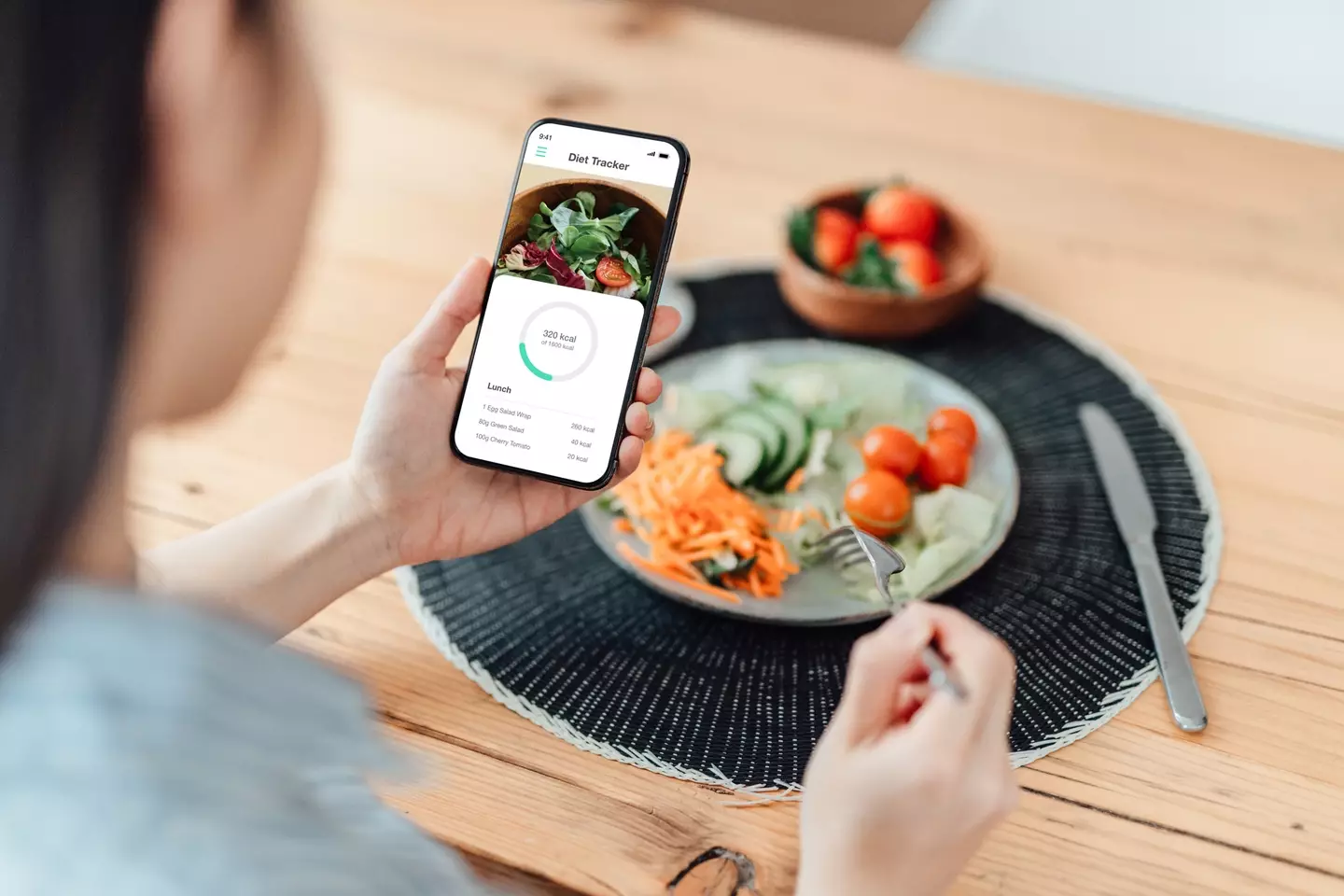
Food and diet content are inescapable on social media platforms, with no end of wannabe influencers showing us the gunge they produce in their Nutribullets whilst inexplicably wearing gym gear all day every day.
Many of these fall into the ‘what I eat in a day’ (WIEIAD) category. They’re pretty self-explanatory, and as with all things influencer they’re ripe for posturing and unrealistic standard-setting.
They come in a variety of flavours, too. Some will cover carnivore commitments and fibre-free bowel movements, others will show a gym bunny eating nothing but sunflower seeds and kale, and the occasional one might offer some genuine, repeatable dietary advice with scientific backing.

Advert
The trouble is discerning which videos are from snake oil salesmen and chancers, as opposed to those that could actually qualify as educational content.
It’s a trend that’s drawn concern from the medical community, especially given the influence these kinds of videos could have on young people. Statista estimated in 2023 that 63% of TikTok users are aged 18 to 34, overlapping with the cohort that’s most commonly affected by eating disorders.
Studies have previously shown connections between social media and eating disorders, too.
Speaking to the Independent, The Body Image series author Dr Charlotte Markey said: “WIEIAD videos are problematic. Our food choices are driven by a variety of forces – appetites, cultures, resources, activity levels – and so much more. Two people can consume the exact same foods and have very different bodies.”
She continued: “The part of our brains (the prefrontal cortex) that allows us to think in more critical, abstract ways doesn’t fully develop until we are in our twenties.
“In contrast, the more emotion-focused areas of our brain develop sooner, which leaves the images, music, and excitement of quick video clips particularly enticing to young viewers. They are less apt to pause and think analytically about what they are seeing than are older viewers.”
Dr Markey noted that there is considerable risk of younger viewers being taken in by misinformation.

“Even if WIEIAD videos are not mentioned directly, many young people in particular get ideas about health and nutrition from social media,” said Dr Markey.
“Often this information is taken as fact when it is not at all evidence-based information. Anyone can suggest health information online, facts can be distorted, research misinterpreted and disinformation is presented with the aim of selling health-related products.”
As generative video content becomes harder to discern from the real stuff, these threats to public health look set to gather even more pace.
Topics: Diet, Health, Social Media
